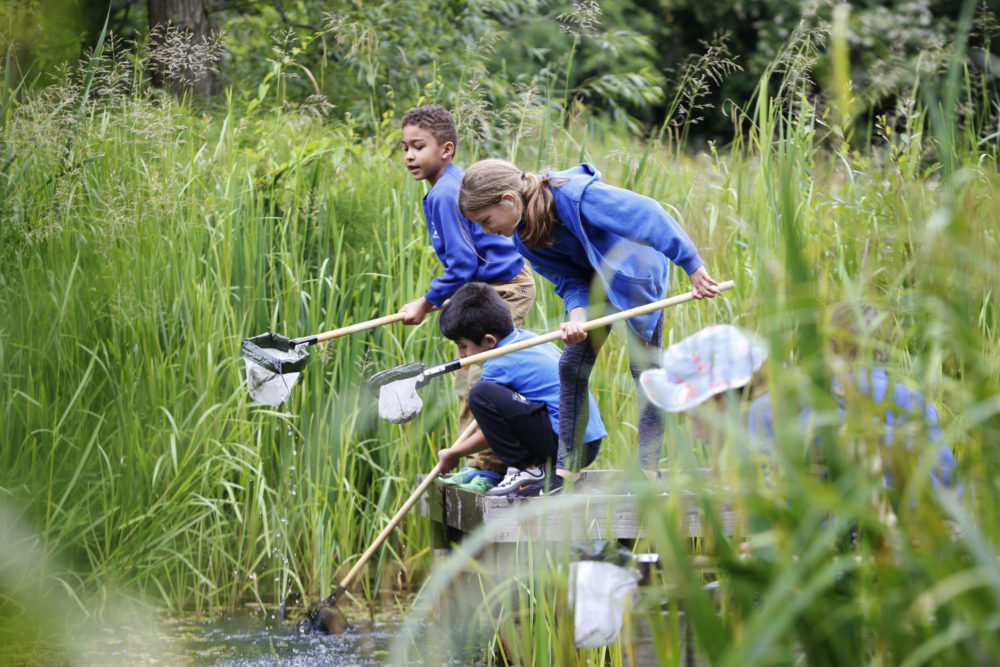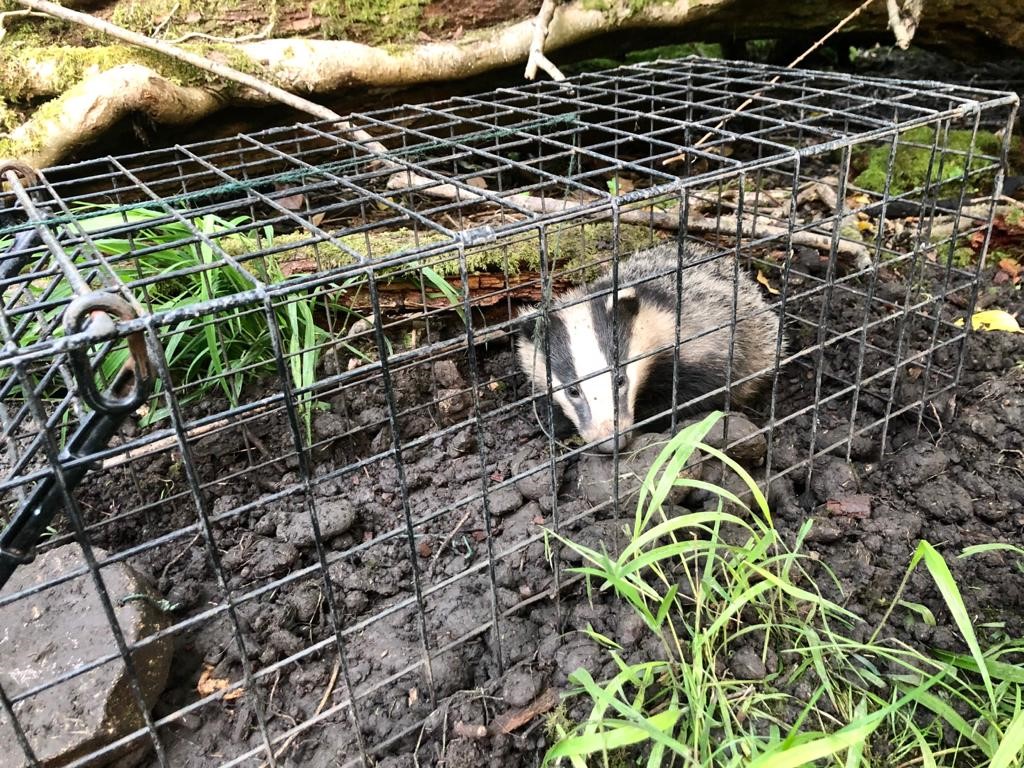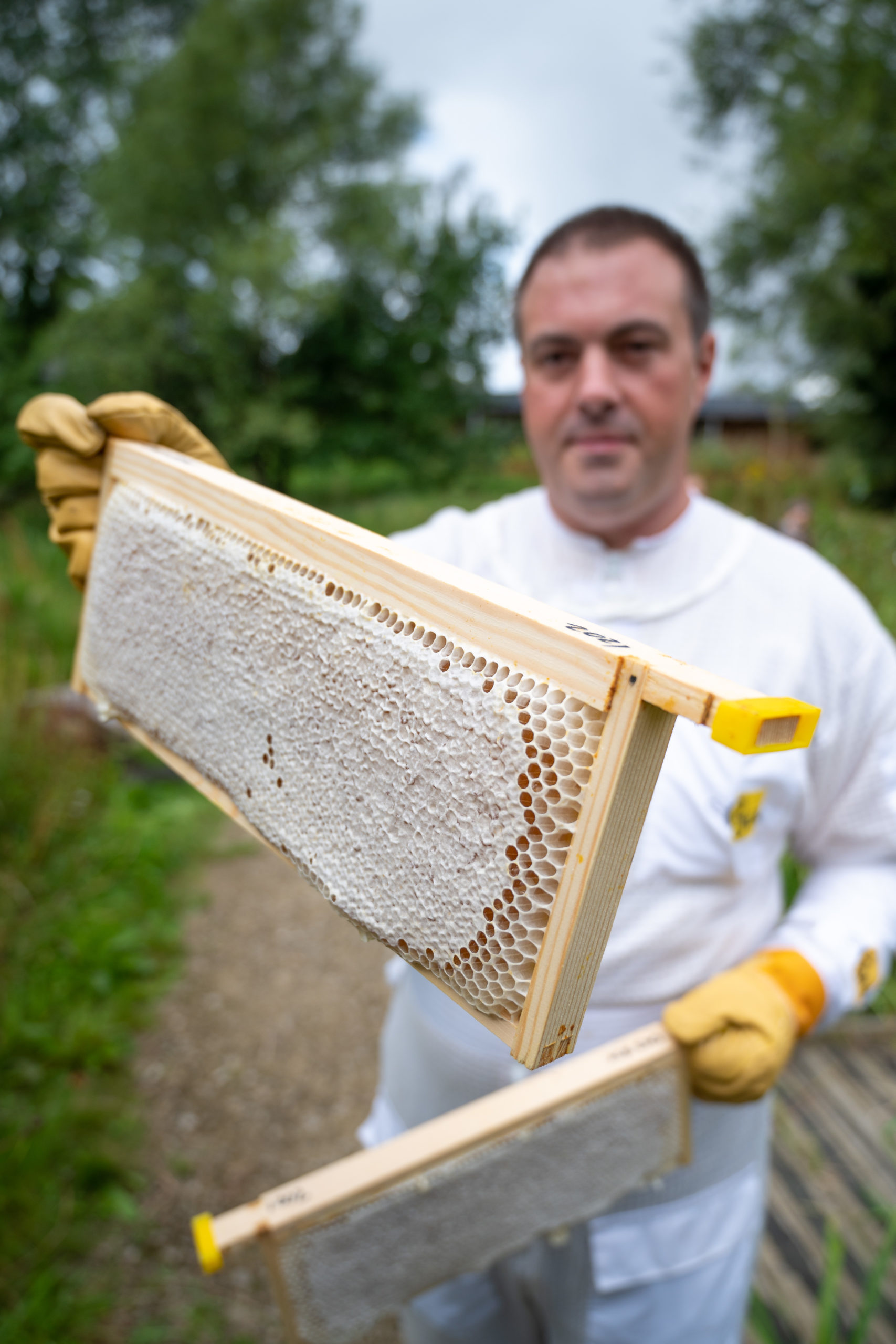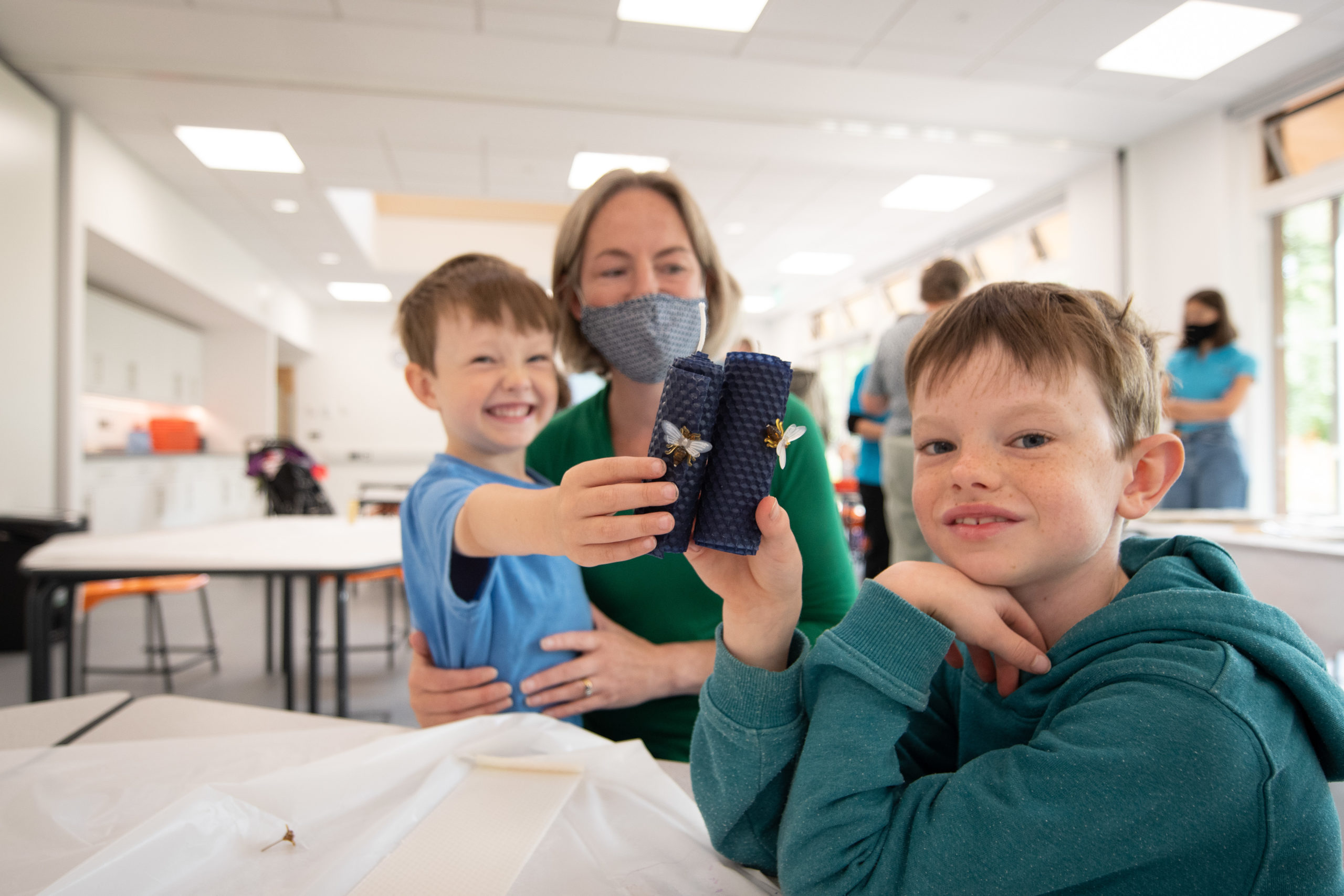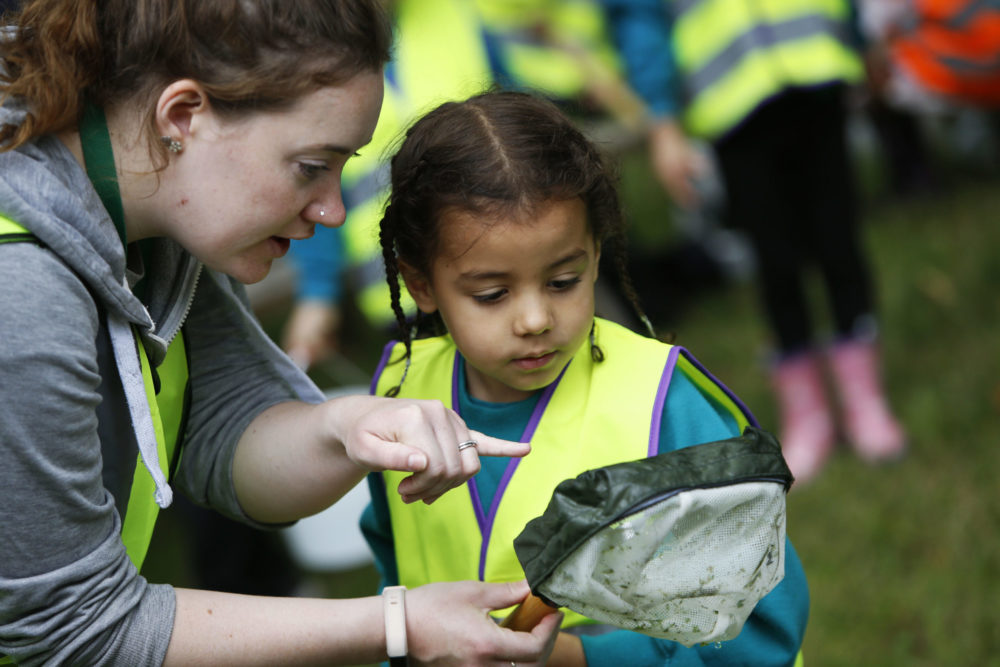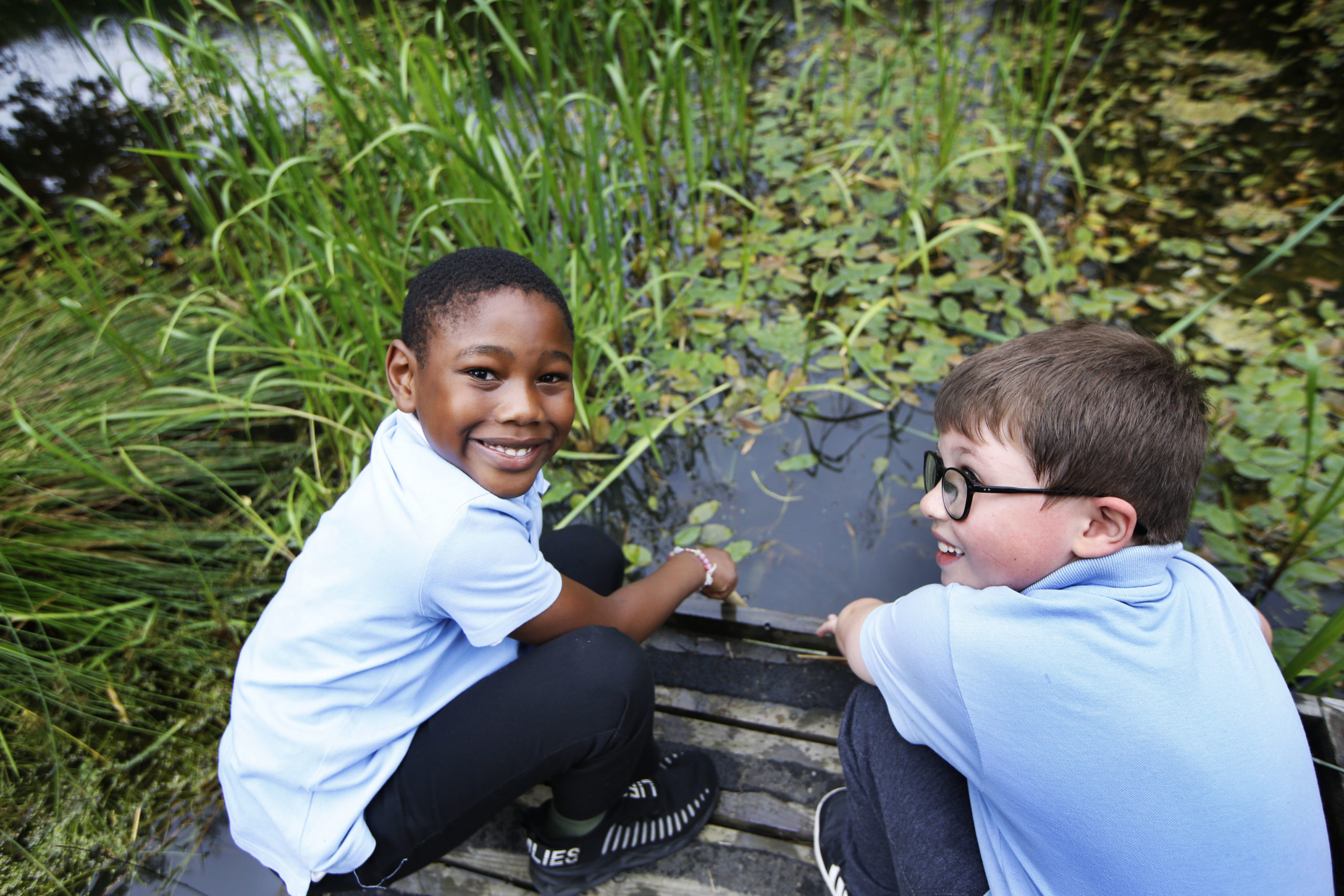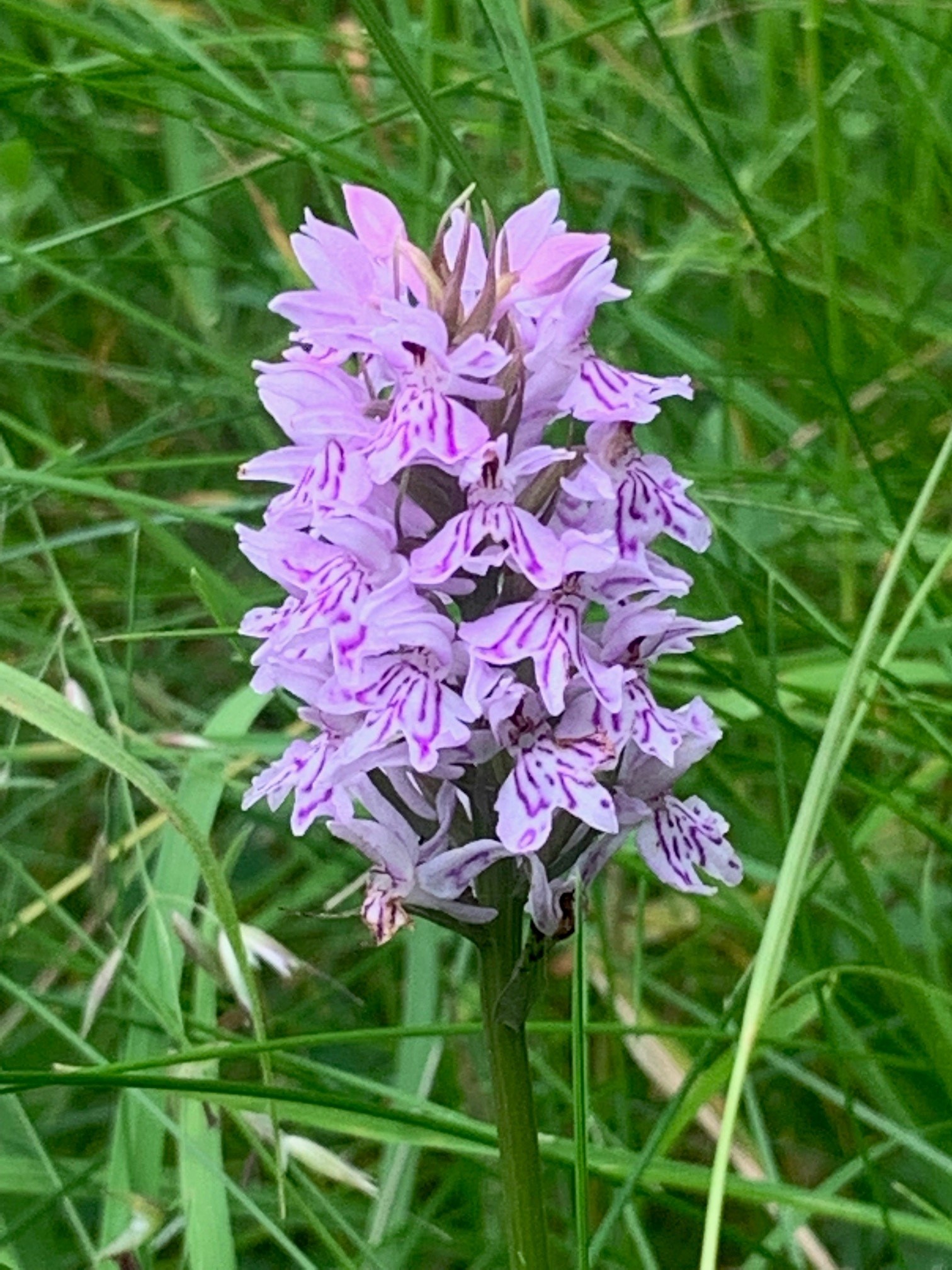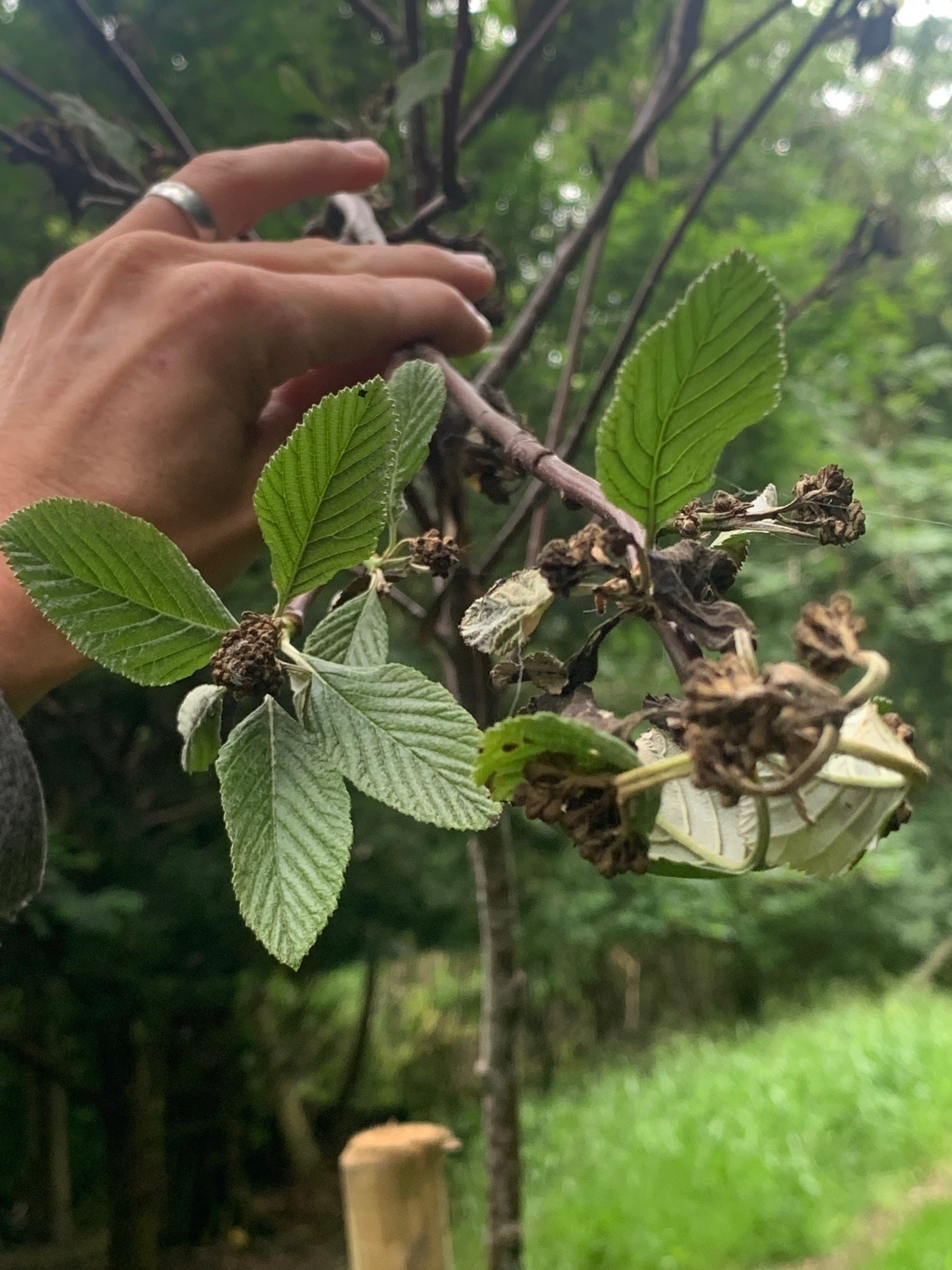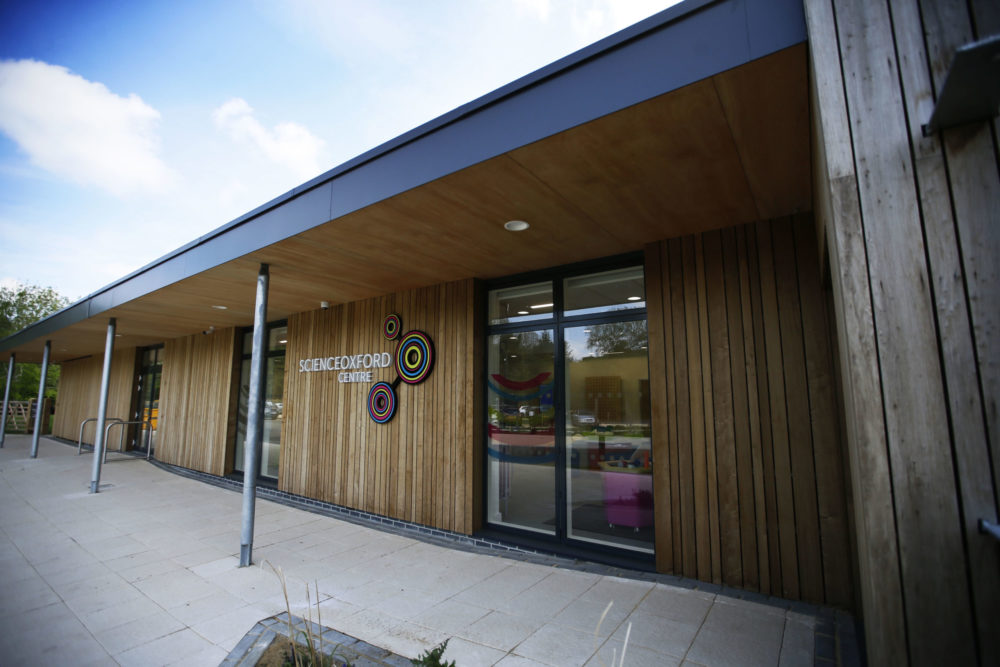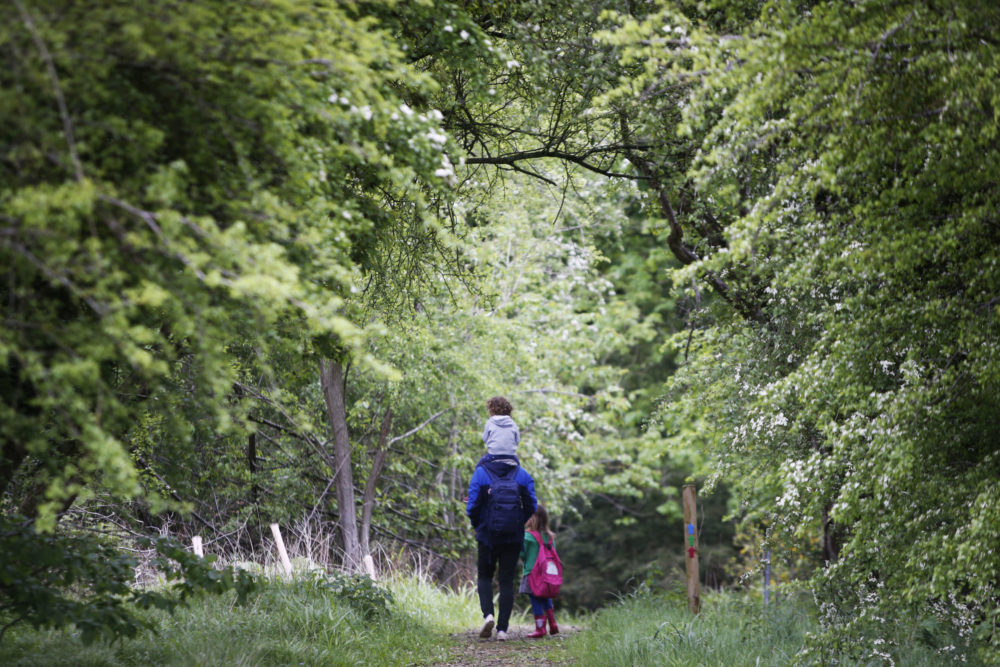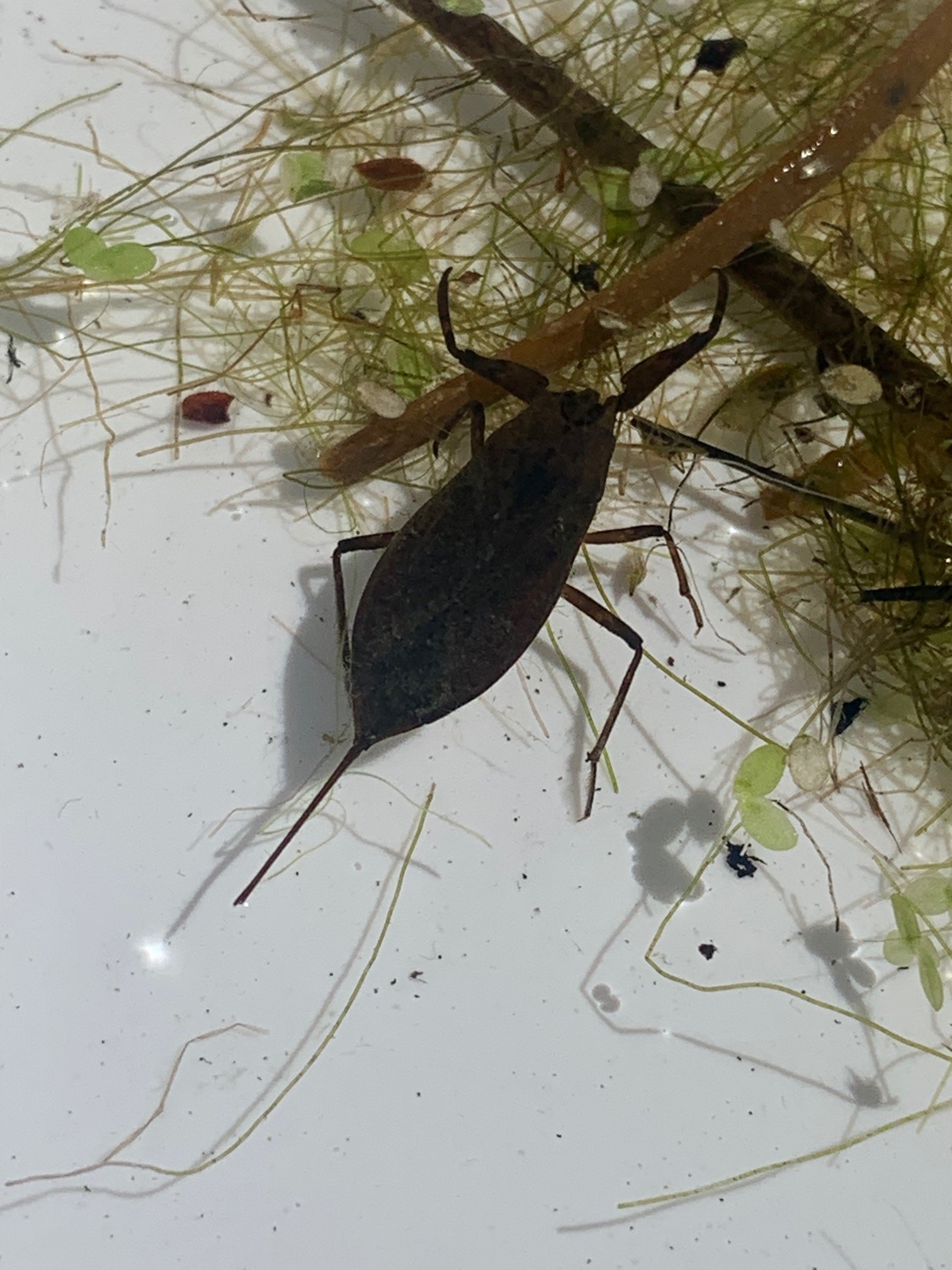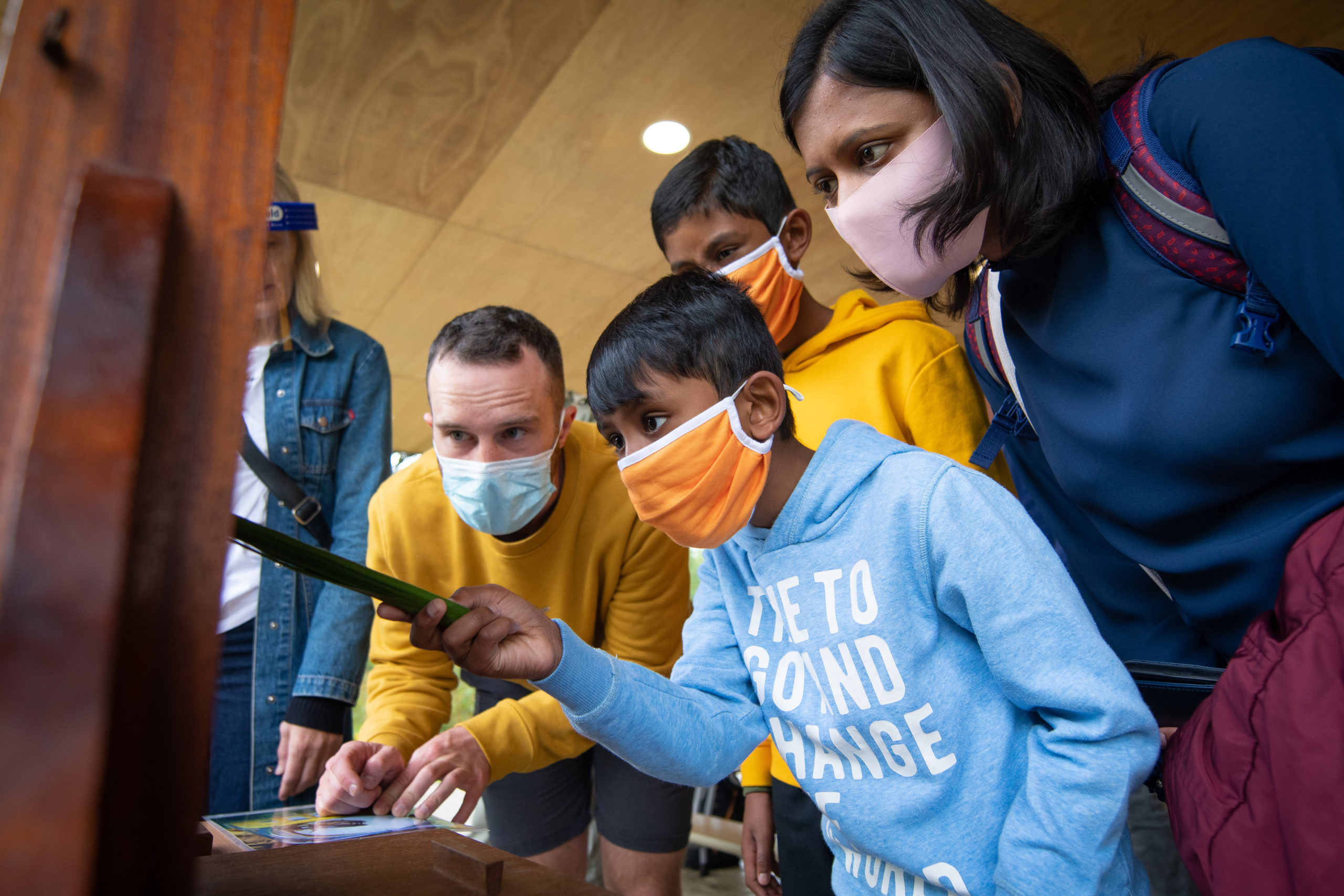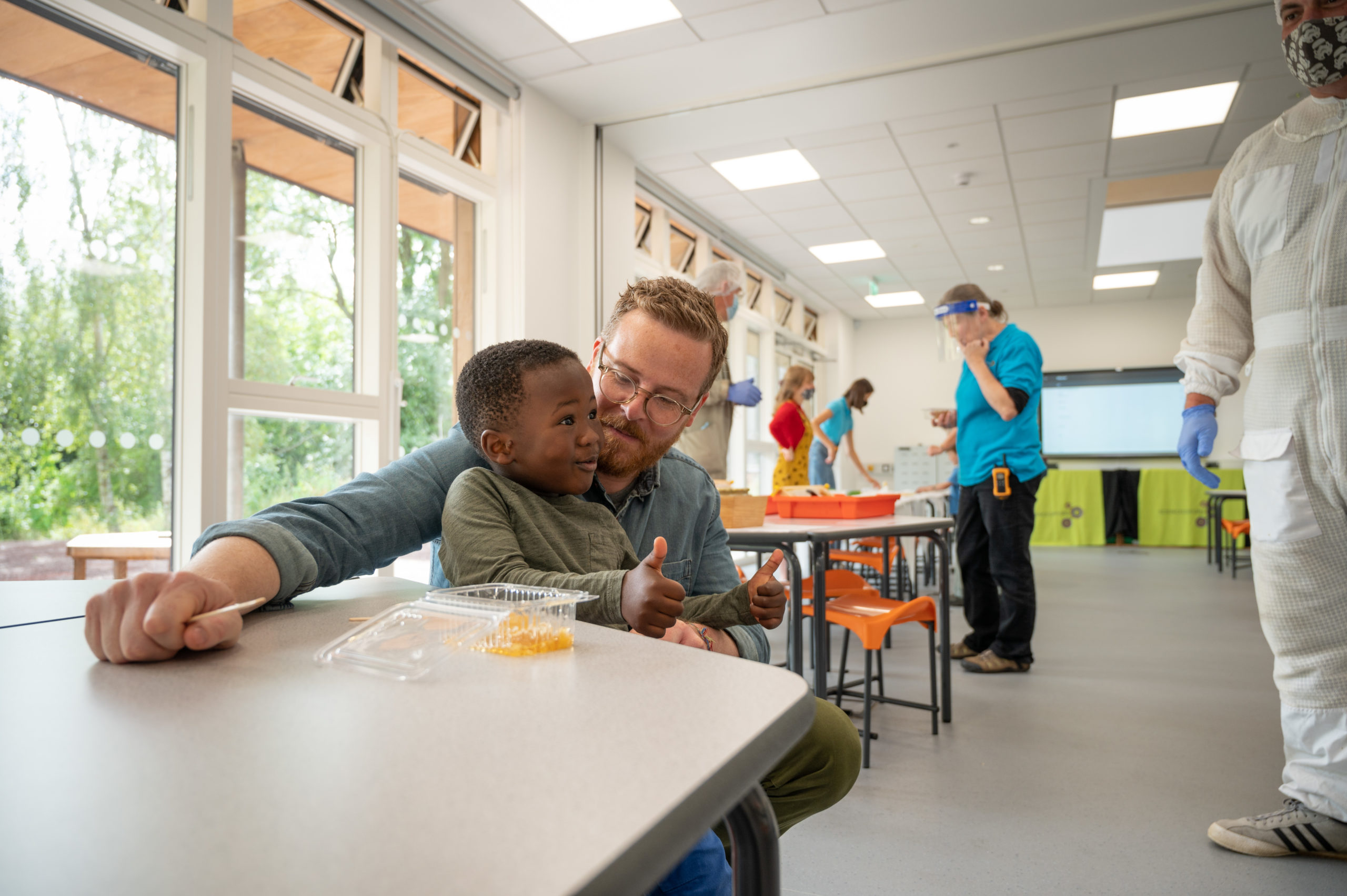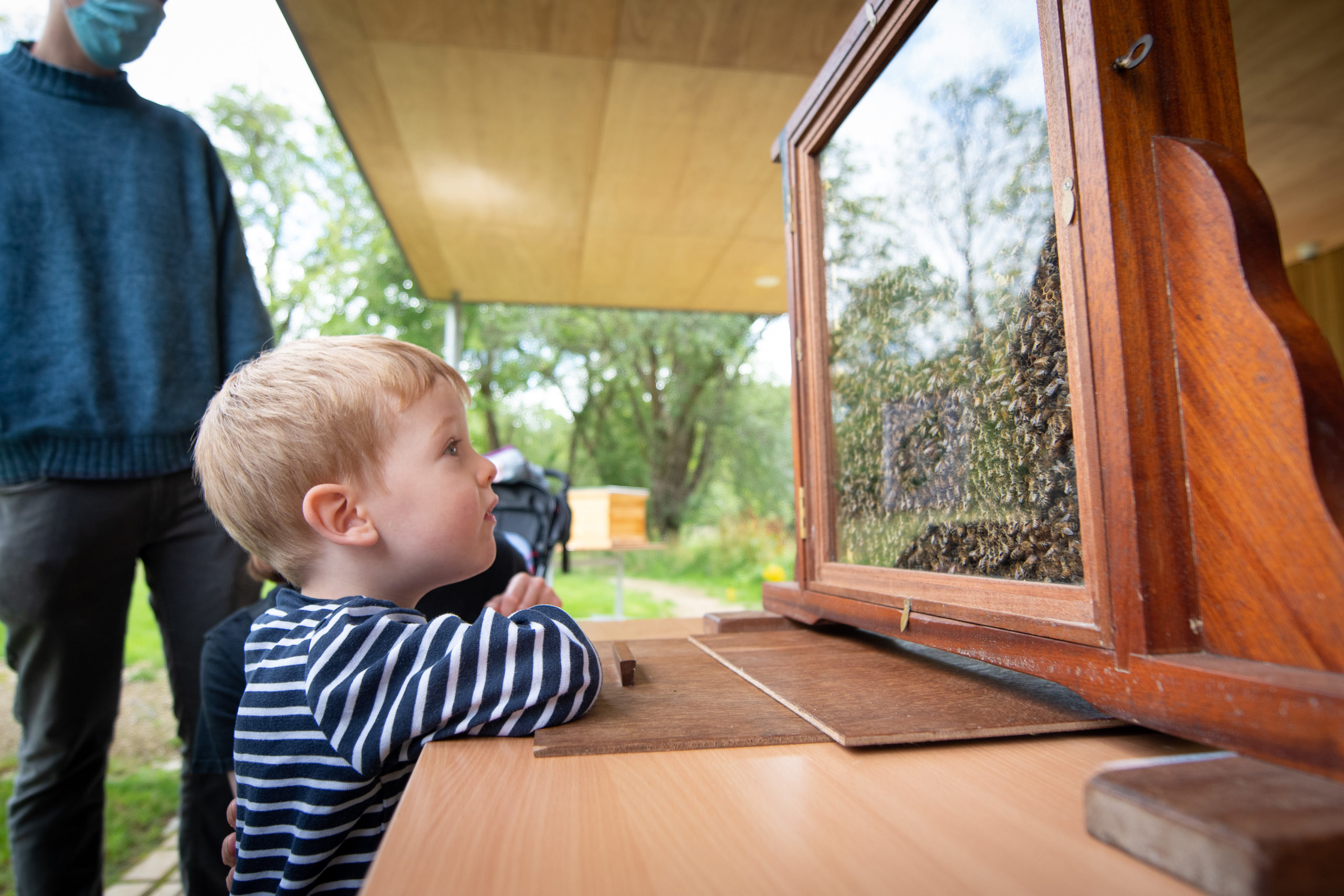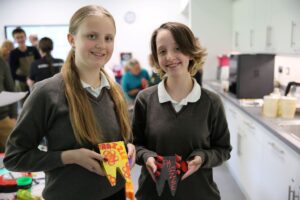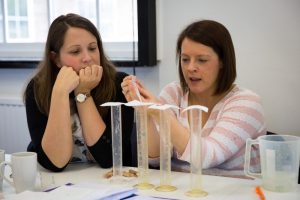Summer woodland delights at the Science Oxford Centre
Wednesday 11th August 2021
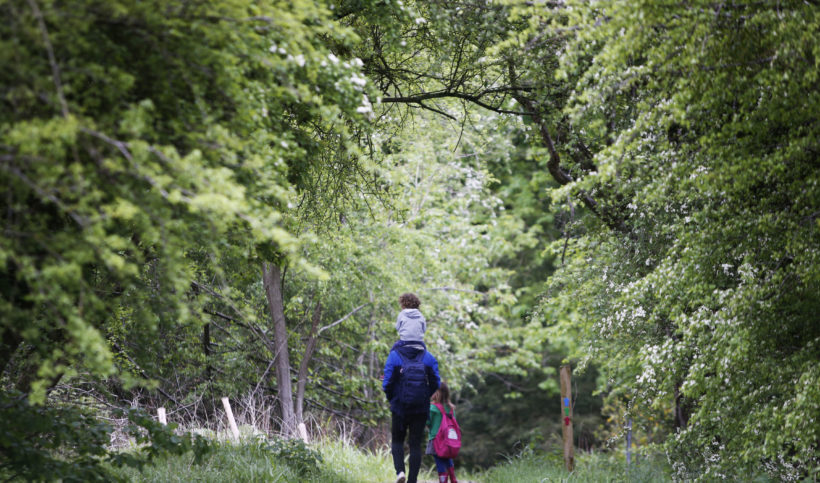
Enjoying the outdoors this summer? We were delighted to finally welcome back visitors to our Centre this season, where we are lucky enough to have 15 acres of woodlands, grassland and ponds to explore. The Science Oxford Centre is the only indoor-outdoor science centre for children and families in the UK, and we love seeing people of all ages discover native wildlife on nature trails or having fun learning about bees and pond dipping.
Our conservation projects and maintenance work around the site continue apace whatever the weather, through lockdowns (at a safe distance) and the changing seasons. Our Outdoor Learning and Ecology Manger, Dr Roger Baker, tells what’s been happening this spring / summer, and what to look out for if you go down to the woods today…
Big on biodiversity
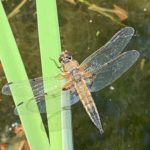
The return of our human visitors coincided with the busiest growing period in the woodland, where I am lucky enough to spend much of my time, and it really has been putting on a wonderful show ever since. Summer brings the verdant greens of new growth, acting as a perfect backdrop to the vibrant colours put on by the emergent wildflowers and a well-timed display for our resident animals that rely upon them. I have been monitoring diversity as part of our woodland conservation project over the last few years and every season I spot several new species to add to my list. We have had more common spotted orchids than previous years, and many of the perennial wildflowers that were sown onto bare soil two years ago are now starting to show. This year the variety of invertebrates in and around our restored ponds has increased even further, with the appearance of the beautiful Banded demoiselle (Calopteryx splendens) bringing the total number of species of Odonates (dragon and damselflies) up to nine. Have you spotted any new or unusual species in your garden or on walks? We would love to know.
Pond dipping discoveries
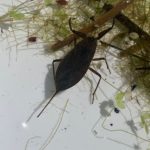 I’m excited to have introduced pond dipping workshops this summer for school visits and a Pond Discovery Day for families last July. So I wasn’t too disappointed by the deluges we had towards the end of June which raised the water levels in our ponds – it’s not easy to go pond dipping when the ponds are dry! We’ve found a fascinating diversity of pond life already, including one of my favourites, the water scorpion (Nepa cinerea), as well as the ever-popular newts. In July we also carried out pond related activities as part of the Freshwater Habitats Trust’s Waterblitz project, giving out testing kits to use in local ponds, rivers or lakes, as well has running pond dipping sessions in our pond. You can still get involved at freshwaterhabitats.org.uk/oxford-waterblitz – and look out for our new outdoor ‘Water Lab’ exhibit!
I’m excited to have introduced pond dipping workshops this summer for school visits and a Pond Discovery Day for families last July. So I wasn’t too disappointed by the deluges we had towards the end of June which raised the water levels in our ponds – it’s not easy to go pond dipping when the ponds are dry! We’ve found a fascinating diversity of pond life already, including one of my favourites, the water scorpion (Nepa cinerea), as well as the ever-popular newts. In July we also carried out pond related activities as part of the Freshwater Habitats Trust’s Waterblitz project, giving out testing kits to use in local ponds, rivers or lakes, as well has running pond dipping sessions in our pond. You can still get involved at freshwaterhabitats.org.uk/oxford-waterblitz – and look out for our new outdoor ‘Water Lab’ exhibit!
Changing climate
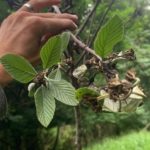
Talking of deluges, the effects of climate change seem only too obvious to me in my role in outdoor education. The predictions of a future of prolonged dry periods followed by intense wet periods already seems to be coming to pass. This year, the cold spring seemed to delay the emergence of many plants and was then followed by a very dry May/early June, leading to much stress on the woodlands. I resorted to barrowing water deep into the woods to a couple of Whitebeam trees, planted along with other native trees funded by The Tree Council last November, as they were showing signs of drought. Fortunately, this seems to have done the job and new shoots have made an appearance, giving me hope they will survive. Check out the amazing Tree Council website for their latest planting projects and grants.
Oxford Badger Group
It’s not just our plants we’ve been keeping healthy this year – The Oxford Badger Group (OBG) offered to vaccinate our badger population in May. Not for the headline grabbing COVID-19 virus you understand, but for tuberculosis. Why is this recommended? Badgers have received a lot of unwanted attention as potential vectors for the spread of bovine tuberculosis (bTB) in cattle populations. The OBG is undertaking a programme to trap and vaccinate badgers – including those in our woodland – to combat, control and minimise reservoirs of the disease so that they can be left with a clean bill of health. I joined the other volunteers to lay lures for our five badgers, burying peanuts in the ground in active badger areas. They go crazy for peanuts, as apparently do most of the four-legged life in the woods judging by the animals caught on camera visiting bait sites! After tempting the badgers to one spot for a few nights, we then introduced open cages and eventually armed them so that the badgers were trapped, waiting for their vaccine at the crack of dawn with a belly full of peanuts. They were then released back into the wild without so much as a mention of a sore arm or a second dose! To read more about this important programme, and how you could help, visit oxonbadgergroup.org.uk.
Bee for Brilliant
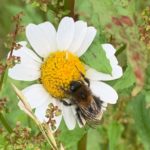
We were very excited to establish our first beehive at the Centre this summer, with the help of bee keeper Richard Stansfield and the Oxfordshire Beekeepers Association (OBKA). In August we ran a Family Bee Day, inspiring over 150 children and adults with these amazing social creatures. Families could watch from a distance as fresh honey was harvested from the hives and even had a taste, before rolling beeswax candles to take home. We received fantastic comments and feedback, so a big thanks goes to the BeeKeepers, and we can’t wait to welcome them back. Find out what bee friendly flowers you can plant to attract bees and insects to your garden, and more about OBKA’s work here obka.org.uk.
Get outdoors at the Science Oxford Centre
Enjoy the outdoors! Go for a walk, do some gardening – or visit our woodland at our Family Days open every Saturday and pick up our seasonal Trail map; or, if you’re interested in conservation and want to get your hands dirty, join us and Oxford Conservation Volunteers for our next Autumn Conservation Day on Sunday 5th September. We’ll be working to get the site ready for our autumnal visitors – children and wildlife!
Dr Roger Baker, Outdoor Learning and Ecology Manger
Photos above taken by Roger in our woodland


